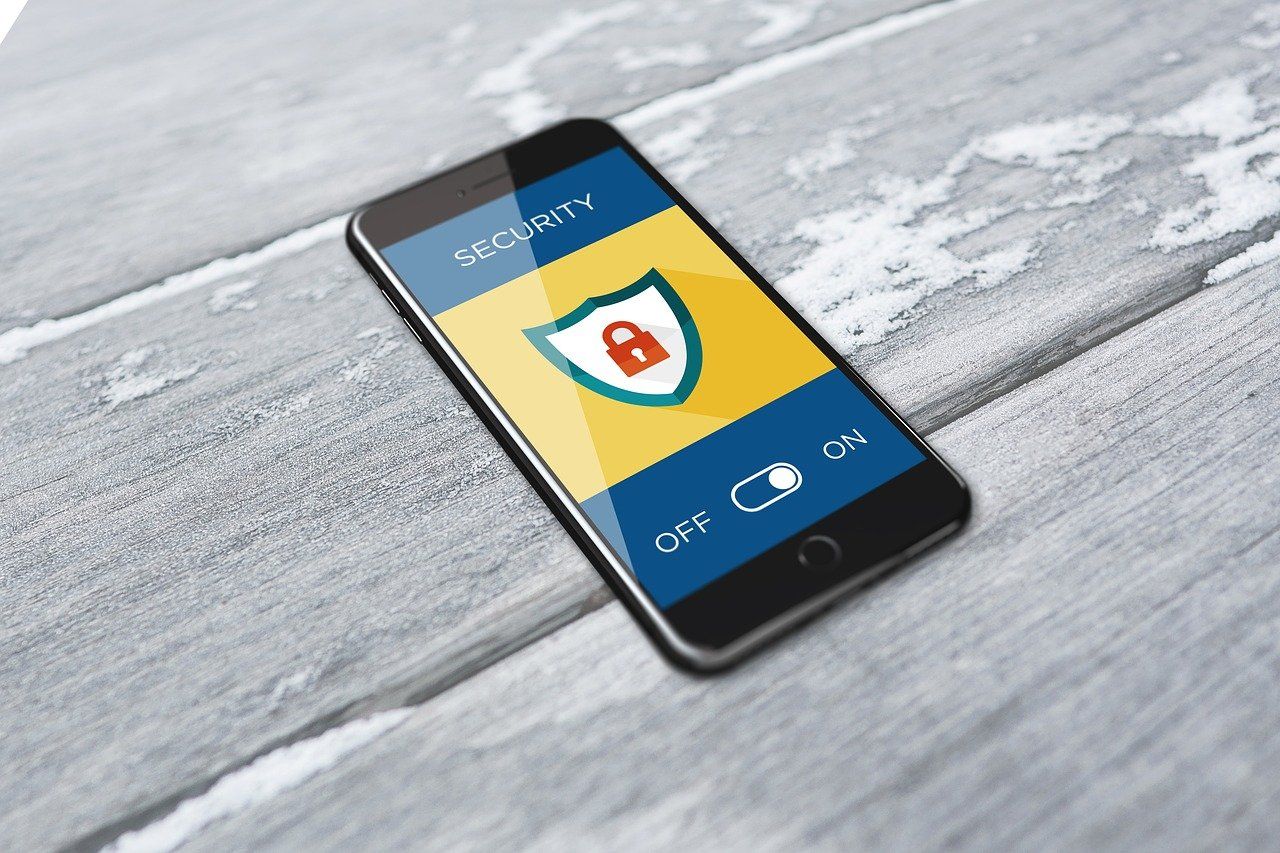Smartphones do not receive extended software support compared to laptops and desktops. But smartphones still play a crucial role in our everyday lives and hold the key to our digital identity. So you may be asking, “Is it safe to use a phone that is no longer receiving updates?”
Updates typically fix vulnerabilities in an OS. So what are the actual security risks of using an old obsolete phone that does not receive updates? And what can you do to be safe if you have no choice but to use an older mobile model?
Security risks of using an outdated phone
If you remove this back to basics, you must first know what security updates actually are.
Simply put, security updates are software updates that primarily focus on repairing existing bugs or deficiencies to improve software security. So if a hacker discovers a way to take over your device remotely, this is a bug and a security update can help fix it. This is in contrast to regular software updates, which enhance the software experience by polishing things further or adding new features.
So why is it a bad idea to use a smartphone that does not receive these updates? Does it really matter?
Security experts advise against using not only smartphones but all smart devices and software with a lack of support. This is for a good reason as it has profound safety implications.

The main reason is that using an outdated phone leaves your data vulnerable to hackers. As mentioned above, the main reason behind security updates is to fix existing bugs. In the real world, there is no such thing as flawless software – every software has flaws. If it does not, then the existing ones have simply not been discovered yet. This is an important thing to keep in mind.
Because malicious hackers dig into software to detect errors, and when they do, they begin exploiting the errors to commit crimes. In addition, cybercriminals share all the vulnerabilities they encounter in the software, which makes things worse. Since outdated phones have no chance of being patched, they are often an easy target for criminals.
It does not matter if you are using an Android or iOS device. Security updates are a must-have. It’s one of the ways to make sure your smartphone is secure.
The security industry is constantly evolving as hackers try to detect vulnerabilities in front of cyber security experts. On the other hand, security experts also try to catch bugs and patch them up before malicious actors catch them. As an end user, this means you should always be on standby to update your Android phone or iOS device as soon as any kind of update is available.
How to stay safe while using an outdated smartphone
Ideally, with the risk highlighted above, you should not use an outdated phone. But it’s sometimes easier said than done because it may require you to upgrade your smartphone every two to five years. The update support period will vary depending on the smartphone manufacturer and the price of your device
And since constant upgrading is not a possible option for many, you will be happy to know that you can continue to use your outdated phone, but with precautions. First, make sure you are running the latest software update. Of course, this may sound redundant, but it’s always good to make sure you have the latest software version running on your device.
On Android, you can check this by going to Settings> System> System update. Remember, exact steps may vary depending on your Android skin. You can do the same on your iPhone by opening Settings> General> Software update. You should check out a complete guide on how to update your iPhone, from apps to iOS.

The second tip is to only download apps from the official app stores: Google’s Play Store and Apple’s App Store. This is not a big issue on iPhones, as iOS does not allow page loading of apps unless your device is jailbroken. This is one of the many reasons that puts iOS ahead of Android in terms of security.
On Android, however, you should be very careful as it allows you to download apps from third party sources. While there are some secure sites for downloading APKs on Android, you should also do your due diligence before downloading an app. The same goes for those offered through the Google Play Store, as Google does not always catch bad apps in their store.
Third, you should update your apps regularly. Hackers can also use applications that you install on your smartphone for exploitation. Like your smartphone’s operating system, applications also contain flaws and shortcomings, and therefore it is advisable to update them regularly.
Finally, you should adopt safe security practices while using your phone. These practices may include:
-
Avoid downloading files from unreliable websites.
-
Avoid connecting to unsecured public Wi-Fi.
-
Regularly review and delete apps you no longer need.
In addition, you should install security apps; protect your phone with a PIN, password, or any biometric security feature available; avoid opening unsolicited emails; and use your phone’s built-in security features like app permissions. If you follow these steps, you should make sure you stay out of trouble.
Need an outdated smartphone?
In a nutshell, no, you should not use a phone that does not receive updates. The main reason is that the lack of security updates makes your phone vulnerable to malicious actors.
Cybercriminals are coming up with new ways to bypass security measures in software to get hold of confidential data. To address this, cybersecurity professionals are constantly working to stay ahead of the bad guys, which does not always work, but is nonetheless important. This means that you should always update your device if an update is available. However, it should now be clear that it requires constant upgrades to meet this critical safety requirement.
So if you are environmentally conscious or can not afford to constantly upgrade your phone, you can still be sure: Make sure you have the latest software version on your device, avoid downloading apps from third-party stores or websites, update your apps regularly, and adopt safe security practices in your daily smartphone use.
Read Next
About the author

